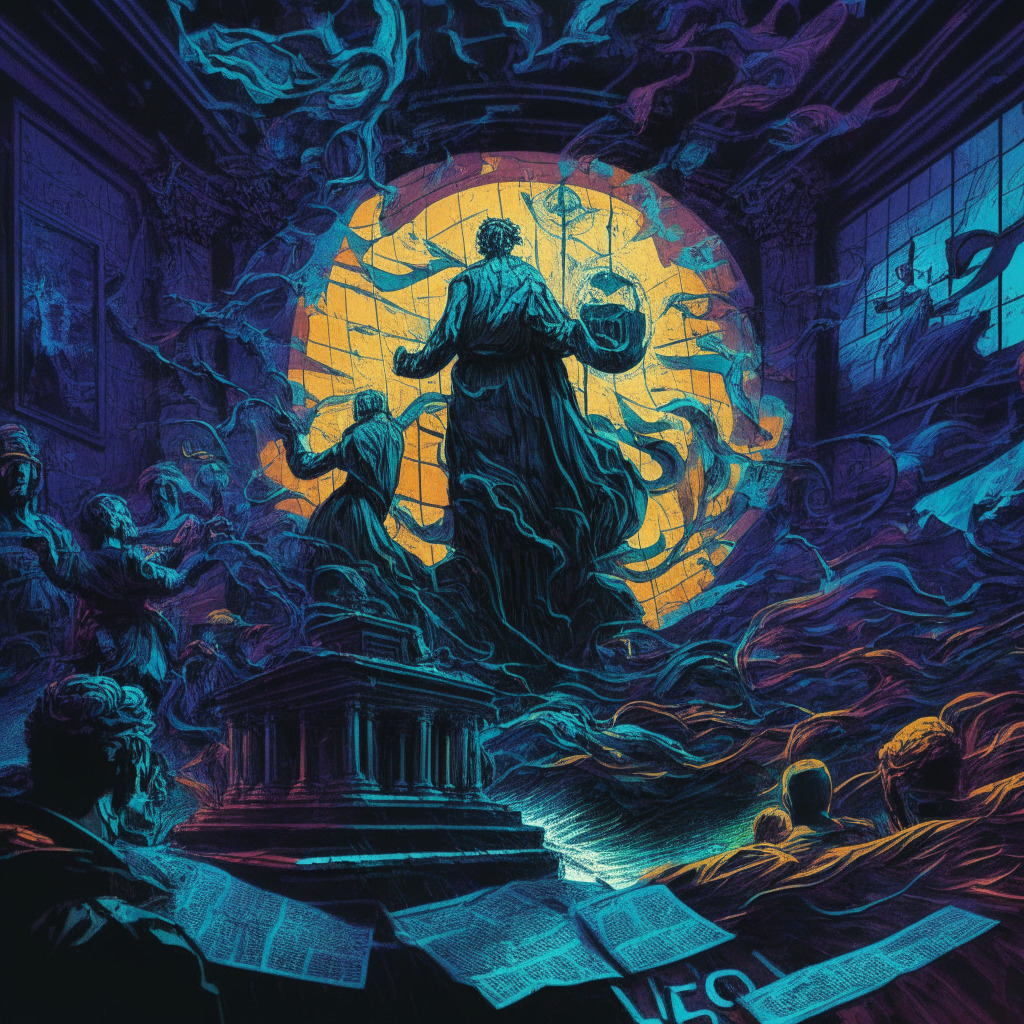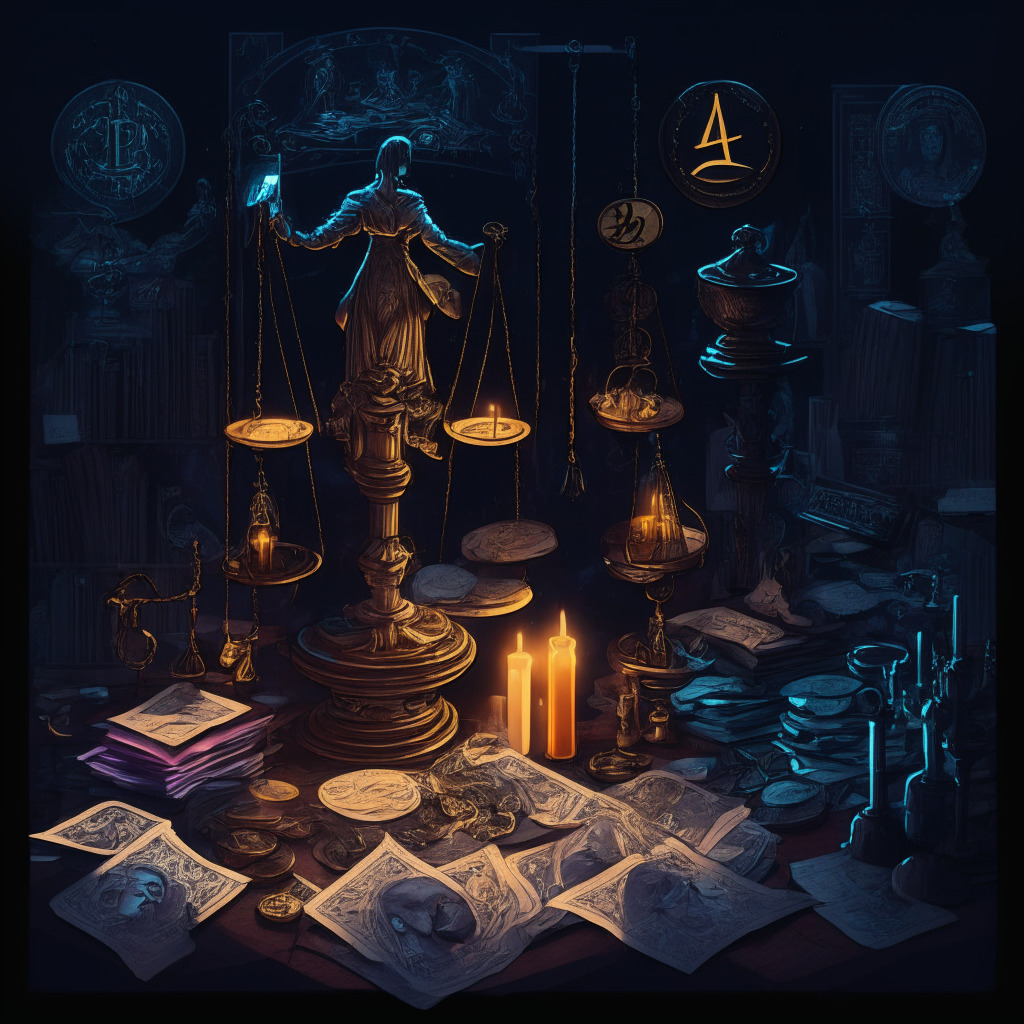In a recent turn of events, Do Kwon, co-founder and former CEO of Terraform Labs, witnessed his personal assets worth a staggering 233.3 billion Korean Won ($176 million) being frozen as part of an ongoing criminal investigation. The decision, made by Chief Judge Yun Chan-Young of the 12th Criminal Division of the Seoul Southern District Court, extends to the sales of Kwon’s Galleria Foret apartment complex in Seoul, a unique officetel, and several imported cars, along with prohibiting the disposition of his financial assets such as securities, bank deposits, and cryptocurrency stored in personal accounts on virtual currency exchanges.
Based on South Korean regulations, suspects may be barred from disposing of the proceeds or assets obtained from a crime until their conviction is verified. It is important to note that Kwon was arrested on March 23 in Montenegro on charges of document forgery, with both South Korean and U.S. authorities actively seeking his extradition.
The situation for Kwon and Terraform Labs took a turn for the worse when the Terra Luna (LUNC) dual-token ecosystem, created by Kwon, collapsed following the de-pegging of its native TerraUSD (USTC) stablecoin. This event resulted in the estimated loss of $40 billion in market value within days. South Korean prosecutors claim that Kwon converted illegal funds from LUNC to Bitcoin (BTC) and have identified $314.2 million in illicit assets.
On the other side of the globe, U.S. prosecutors have charged Kwon with eight counts of fraud, specifically relating to his promotion of the Terra Luna blockchain. These recent developments have brought regulatory oversight and legal ramifications to the forefront, further highlighting the need for a stronger regulatory framework encompassing the rapidly growing crypto market.
While some might argue that these events are isolated incidents involving deceit and malevolent actors, they can’t deny that the rising number of criminal cases emphasizes the importance of regulating the often ambiguous world of cryptocurrency. Conversely, critics may view increased regulations as a detriment to the wider adoption of cryptocurrencies and may stifle innovation in an industry with great potential.
The current situation serves as a stark reminder to investors and enthusiasts of the uncertain landscape surrounding digital currencies. As the industry matures, more robust and transparent frameworks will be necessary to ensure its stability and longevity. While the blockchain revolution has undeniably opened up new possibilities, cases like Do Kwon’s lend weight to the importance of creating a balance between innovation and regulation.
Source: Cointelegraph




